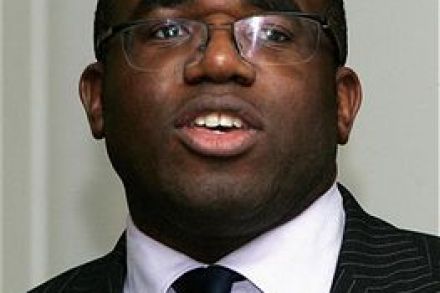Darling admits defeat …?
Curious exchange of the BBC, Alistair Darling admitted that the Tories were winning the opening stages of the campaign: “They might have got their political tactics right for the first day or so but their overall judgment is just plain wrong.” Ben Brogan has more details. This looks remarkably like an admission of defeat on the politics of the National Insurance, which, considering it took Labour 10 to respond, seems an accurate assessment. Not good politics, Darling.-















